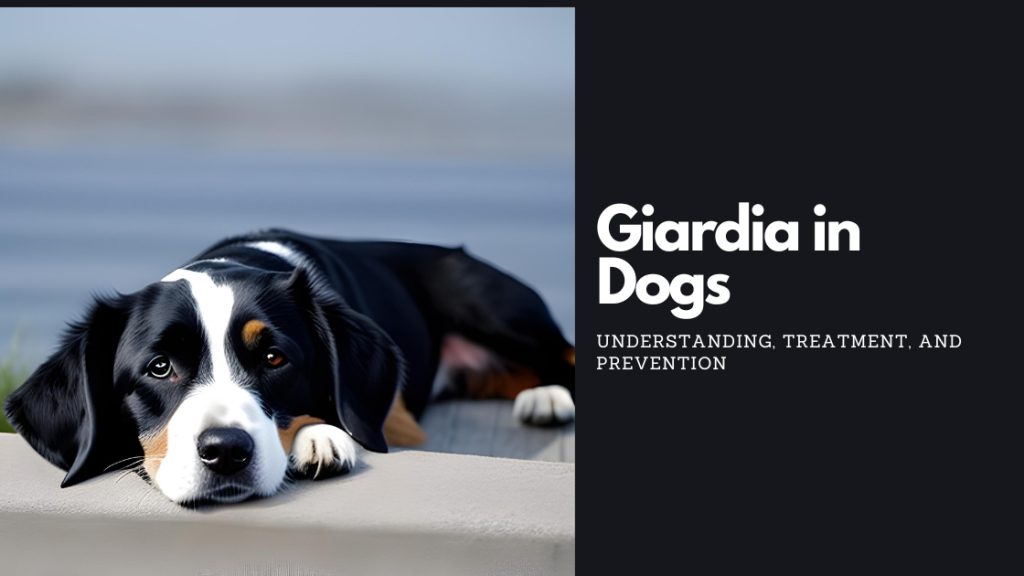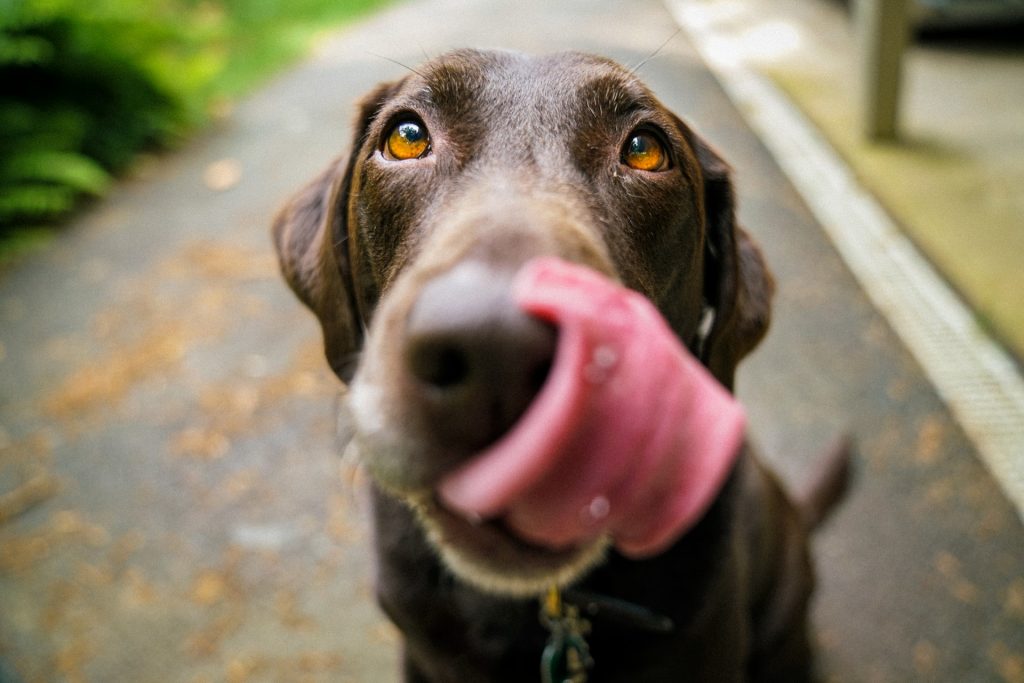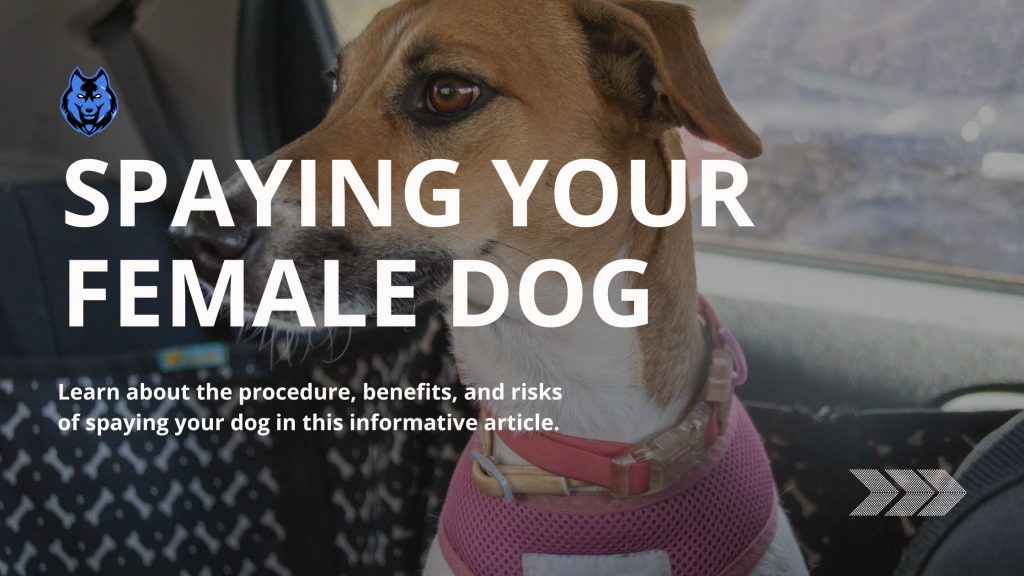Introduction
Having a furry companion at home brings immense joy and happiness. However, pet ownership also comes with responsibilities, including understanding potential health issues that can affect our beloved pets. One such concern is Giardia, a common parasitic infection that can impact dogs. In this article, we will delve into the world of Giardia in dogs, exploring its causes, symptoms, treatment options, prevention methods, and much more.
1. What is Giardia?
1.1 Definition of Giardia Giardia is a microscopic protozoan parasite that infects the intestines of dogs and other animals. It is prevalent in various environments and can be transmitted through contaminated water, food, or contact with infected feces.
1.2 Understanding Giardiasis The condition caused by the Giardia parasite is known as giardiasis. It can lead to gastrointestinal problems and affect the overall health of dogs.
Giardia exists in two forms: trophozoites and cysts. The active trophozoites live in the intestines, while the cysts, which are resistant to harsh environmental conditions, are shed through the dog’s feces, posing a risk to other animals and humans.
2. How Dogs Get Infected?
2.1 Transmission of Giardia Dogs can contract Giardia by ingesting cysts present in contaminated water sources, such as lakes, ponds, or puddles. They can also pick up the parasite from grooming themselves or coming into contact with contaminated feces.
2.2 High-Risk Environments Understanding the places where dogs are more likely to pick up Giardia is crucial in preventing infection. Dog parks, kennels, and areas with poor sanitation can be high-risk zones. Keeping your dog away from standing water and areas with visible feces can minimize the chances of infection.
3. Symptoms of Giardia Infection
3.1 Gastrointestinal Issues Giardiasis often leads to diarrhea, which may be acute or chronic, along with other gastrointestinal symptoms like vomiting and weight loss. The diarrhea may be foul-smelling and greasy due to the malabsorption of nutrients.
3.2 Dehydration and Weakness The infection can cause dehydration in dogs, leading to weakness and lethargy. If you notice your dog becoming lethargic or not drinking enough water, it’s crucial to seek veterinary attention promptly.
3.3 Other Indicators In addition to gastrointestinal symptoms, dogs with Giardia infections may display other signs such as abdominal pain, flatulence, and a lack of appetite.
4. Diagnosis of Giardia
4.1 Veterinary Examination If you suspect your dog has Giardia or they are displaying any concerning symptoms, it’s essential to take them to a veterinarian. The vet will conduct a thorough physical examination and inquire about the dog’s medical history to make an accurate diagnosis.
4.2 Fecal Test A fecal test is the most common way to identify Giardia cysts in a dog’s stool, aiding in proper diagnosis. Since cyst shedding can be intermittent, multiple fecal tests may be necessary to confirm the infection.
4.3 Additional Tests In some cases, additional tests may be required to rule out other potential health issues or complications. Blood tests and imaging may be conducted to assess the overall health of the dog and identify any secondary problems.
5. Treatment for Giardiasis
5.1 Medications If Giardia is confirmed, veterinarians may prescribe specific medications to combat the infection effectively. Commonly prescribed drugs include metronidazole and fenbendazole. Following the prescribed treatment regimen diligently is essential for successful recovery.
5.2 Follow-Up Care Proper follow-up care and monitoring are essential to ensure the dog fully recovers from the infection. Regular check-ups with the veterinarian will allow them to assess the dog’s progress and make any necessary adjustments to the treatment plan.
6. Preventing Giardia Infections
6.1 Hygiene Practices Implementing good hygiene practices for both pets and pet owners can significantly reduce the risk of Giardia transmission. Regularly washing your hands after handling your dog, especially after cleaning up their waste, is crucial.
6.2 Avoiding Contaminated Water Being cautious about the water sources dogs drink from can prevent exposure to Giardia. Avoid letting your dog drink from stagnant water bodies or areas with poor water quality.
6.3 Regular Veterinary Check-Ups Regular check-ups can aid in early detection of Giardia or other health issues, leading to prompt treatment. Your veterinarian can also provide guidance on preventive measures and answer any questions you may have.
7. Zoonotic Potential: Can Humans Get Giardia from Dogs?
7.1 Understanding Zoonotic Diseases Zoonotic diseases are those that can be transmitted between animals and humans. Giardia is one such zoonotic parasite that can affect both dogs and humans.
7.2 Preventive Measures While the risk of human infection from dogs is relatively low, it is crucial to take preventive measures to safeguard both human and canine health. Practicing good hygiene, especially when handling pets, is vital.
8. Addressing Giardia in Multi-Dog Households
8.1 Preventing Outbreaks In multi-dog households, the risk of Giardia outbreaks can be higher due to close contact between dogs. Isolating an infected dog and maintaining strict hygiene can prevent the spread of infection to other pets.
8.2 Hygiene Protocols Establishing effective hygiene protocols, such as regularly disinfecting water bowls and cleaning up feces promptly, is essential in multi-dog households to prevent cross-contamination.
9. Natural Remedies for Giardia
9.1 Herbal Supplements Some herbal supplements, like Oregon grape extract and goldenseal, have shown potential in supporting the treatment of Giardia infections in dogs. However, it’s crucial to consult a veterinarian before using any natural remedies.
9.2 Consultation with Veterinarian While natural remedies may offer additional support, they should never replace proper veterinary care. Consulting with a veterinarian ensures that the dog receives the most appropriate and effective treatment.
10. The Role of Diet in Preventing Giardiasis
10.1 High-Quality Nutrition A balanced and nutritious diet plays a vital role in boosting a dog’s immune system and overall health, which can help prevent infections like Giardia.
10.2 Special Dietary Considerations If your dog has a history of Giardia or suffers from a sensitive stomach, consider dietary options that are gentle on the digestive system. Grain-free or limited-ingredient diets may be suitable for some dogs.
Conclusion
Giardia is a concerning health issue that can affect our canine companions, but with awareness and proper preventive measures, we can minimize the risk of infection. Regular veterinary check-ups, good hygiene practices, and being cautious about water sources are essential steps in ensuring our dogs lead happy and healthy lives. Remember, a little care goes a long way in protecting our furry friends from the perils of Giardia.
FAQs (Frequently Asked Questions)
- Can Giardia be transmitted to other pets apart from dogs? Giardia can infect various animals, including cats and even humans. It’s essential to take preventive measures and practice good hygiene to protect all pets in multi-pet households.
- What should I do if my dog shows symptoms of Giardia? If you notice symptoms like diarrhea, vomiting, or weight loss in your dog, seek veterinary attention immediately. Early diagnosis and treatment are crucial for a successful recovery.
- Is Giardia more common in puppies compared to adult dogs? Puppies and dogs with weakened immune systems may be more susceptible to Giardia infections. However, dogs of all ages can contract the parasite.
- Can Giardia infections in dogs resolve on their own without treatment? In some cases, Giardia infections may resolve on their own, but it’s not advisable to rely on this. Prompt veterinary care and appropriate treatment are necessary to prevent complications and ensure a full recovery.
- How long does it take for a dog to recover from Giardiasis? The recovery period varies depending on the severity of the infection and the dog’s overall health. With proper treatment, most dogs recover within a few weeks.
- Are there any breed-specific predispositions to Giardia infections? Giardia can affect dogs of all breeds and sizes. There are no specific breed predispositions to this infection.
- Can I get Giardia from petting an infected dog? Giardia is primarily transmitted through ingestion of contaminated materials, such as water or feces. The risk of transmission through petting is minimal, but practicing good hygiene is always advisable.
- Are there any home remedies that effectively treat Giardia in dogs? While some herbal supplements may offer additional support, they should not replace proper veterinary care. Always consult a veterinarian for the best treatment options.
- Is there a vaccine available to prevent Giardia infections in dogs? Currently, there is no commercially available vaccine specifically for Giardia in dogs. Preventive measures such as good hygiene and avoiding contaminated water are the best ways to reduce the risk of infection.
- Can Giardia be completely eradicated from the environment? Due to its resistant cyst form, eradicating Giardia from the environment is challenging. However, practicing good hygiene and preventing contamination can help reduce its prevalence and transmission.



